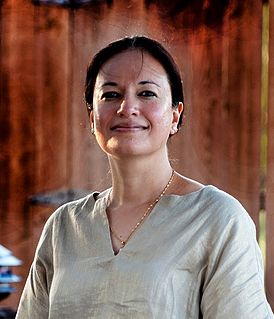A Quote by John McCain
We have a lot of work to do and I‘m afraid that it‘s a very hard struggle, particularly given the situation on the Iraq/Pakistan border.
Related Quotes
I believed Afghanistan was always going to be hard. It's the fifth poorest country in the world. And when you fly over it, you realize that there's not much there. And, of course, it has the problem, too, of being on that border with Pakistan in basically an ungoverned region that has given the terrorists a staging ground. So it's a very difficult place. But I do believe that the mission there can succeed if success is defined as helping the Afghans to prevent the Taliban from being an existential threat to the Afghan government.
Pakistan always seems to have a lot of political complexities and political challenges. But Pakistan is important for a number of reasons. Primarily, it is a nuclear power. And if, in fact, al Qaeda and Taliban, which are in Pakistan and causing a lot of tragedies and deaths in Pakistan - if they would ever somehow have real influence and control of that government, then we [world] really have a problem.
Both India and Pakistan have a long history of deploying rhetorical strategies to skirt the issue of plebiscite or complete secession of the former princely state of Jammu and Kashmir. When feeling particularly belligerent Pakistan cries itself hoarse declaring the legitimacy of plebiscite held under United Nations auspices in J & K; India responds just as aggressively by demanding the complete withdrawal of Pakistani troops from the territory of pre-partition J & K; or, in a moment of neighborly solicitude, for conversion of the LOC to a permanent International border.


































